Congressional report links COVID-19 to lab-leak and US misinformation
- Update Time : Wednesday, December 4, 2024
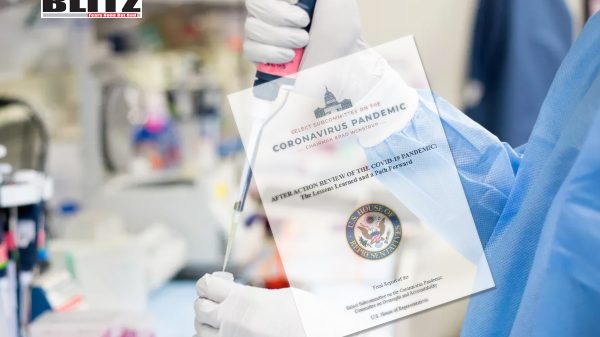
A congressional report released on December 2 has reignited debate over the origins of COVID-19, concluding that the virus most likely emerged from a laboratory accident in Wuhan, China. The 520-page document, published by the Republican-led House Oversight and Accountability Committee’s COVID-19 panel, also accuses the US government of promoting “misinformation” by dismissing the lab leak theory as a “conspiracy” in the early days of the pandemic.
The report, which comes after a two-year investigation, asserts that a “lab-related incident” involving gain-of-function research is the most plausible explanation for the virus’s emergence. This claim challenges the long-standing assumption that the virus originated in nature and jumped to humans via an animal host at a wet market in Wuhan.
The report aligns with similar assessments made by FBI Director Christopher Wray, who stated earlier this year that the FBI believes a lab leak is the most likely cause of the pandemic. Among the key factors cited in the report are the following:
Wuhan Institute of Virology (WIV): As China’s premier SARS research facility, the WIV conducted gain-of-function experiments on coronaviruses. However, these experiments were reportedly carried out under insufficient biosafety conditions.
Illness Among Lab Workers: Researchers at the WIV reportedly fell ill with COVID-like symptoms as early as the fall of 2019, months before the virus was identified at the wet market.
Proximity to the Epicenter: The WIV’s location in Wuhan, where the pandemic began, further bolsters the plausibility of a lab-related origin.
“Four years after the onset of the worst pandemic in 100 years, the weight of the evidence increasingly supports the lab leak hypothesis,” the report states.
The investigation also shines a spotlight on EcoHealth Alliance, a New York-based nonprofit, for facilitating gain-of-function research at the WIV using US taxpayer funds. This revelation has prompted renewed criticism over how such high-risk scientific projects are funded and monitored.
Dr. Anthony Fauci, the former director of the National Institute of Allergy and Infectious Diseases (NIAID), is singled out in the report for approving grants to EcoHealth Alliance. Fauci, who played a pivotal role in the US government’s pandemic response, is accused of attempting to shape the narrative about COVID-19’s origins to downplay the lab leak theory.
“Although Dr. Fauci believed the lab-leak theory to be a conspiracy theory at the start of the pandemic, it now appears that his position is that he does have an open mind about the origin of the virus-long as it does not implicate EcoHealth Alliance, and by extension himself and NIAID,” the report claims.
The document alleges that Fauci and other officials encouraged the publication of a research paper titled The Proximal Origin of SARS-CoV-2, which was widely used to dismiss the lab leak hypothesis early in the pandemic. Critics argue that this contributed to a misleading narrative that hindered scientific inquiry.
One of the report’s most significant revelations is its assertion that U.S. government officials actively spread misinformation by labeling the lab leak hypothesis as a conspiracy theory. According to the findings, this early dismissal not only stifled legitimate scientific debate but also exacerbated public distrust in government institutions.
“Unfortunately, kneejerk reactions by the federal government did little to fix the problem and instead may have sowed deeper distrust of government institutions while trampling on the First Amendment of the Constitution,” the report states.
This erosion of trust has had lasting consequences. The report contends that by prioritizing political optics over transparency, officials missed an opportunity to foster public confidence during a time of crisis.
Beyond its focus on the virus’s origins, the report critiques several public health measures implemented during the pandemic. Mask mandates and prolonged lockdowns, in particular, are criticized as being largely ineffective and causing widespread harm.
According to the findings, masks did little to curb the spread of COVID-19, while lockdowns inflicted severe economic and social damage. The report highlights the toll these measures took on mental health, particularly among younger Americans, who experienced disruptions in education, increased isolation, and heightened rates of anxiety and depression.
The economic consequences of prolonged lockdowns were equally significant. Small businesses were disproportionately affected, and the report argues that these measures deepened existing inequalities in the US economy.
The report has sparked sharp divisions along partisan lines. Republicans see the findings as a vindication of their early skepticism about pandemic narratives, while Democrats have raised concerns about the report’s potential to politicize the origins of the virus.
Critics of the report argue that its conclusions could hinder international cooperation in future public health crises. Supporters, however, view the findings as an essential step toward accountability and transparency.
On the global stage, the report’s conclusions have intensified scrutiny of China’s role in the pandemic. Beijing’s refusal to allow independent investigations into the Wuhan Institute of Virology has long been a source of tension between China and the international community.
The findings also underscore the need for greater oversight of high-risk scientific research. Calls for stricter regulations on gain-of-function experiments have grown louder, with experts warning that the potential risks of such research far outweigh its benefits.
The report’s criticism of Fauci has further complicated his legacy. Once hailed as a trusted figure during the pandemic, Fauci now faces growing scrutiny over his handling of the crisis. His early dismissal of the lab leak hypothesis, combined with his role in funding EcoHealth Alliance, has led to questions about his judgment and transparency.
Fauci has consistently defended his actions, stating that he is open to exploring all plausible explanations for the virus’s origins. However, the report suggests that his initial stance may have hindered efforts to uncover the truth.
As Congress prepares for hearings on the report, its findings are expected to dominate discussions about pandemic preparedness, public health transparency, and the ethics of high-stakes scientific research.
While the lab leak hypothesis has gained traction, significant questions remain unanswered. The report’s revelations about misinformation and mismanagement during the pandemic highlight the urgent need for reforms in public health and scientific oversight.
Four years after the pandemic began, the world continues to grapple with its devastating consequences and lingering questions about its origins. The release of this report marks a critical step in addressing these uncertainties, even as debates over its findings and implications are likely to persist.
By confronting the failures and oversights of the pandemic response, lawmakers hope to pave the way for more effective and transparent approaches to future public health crises.


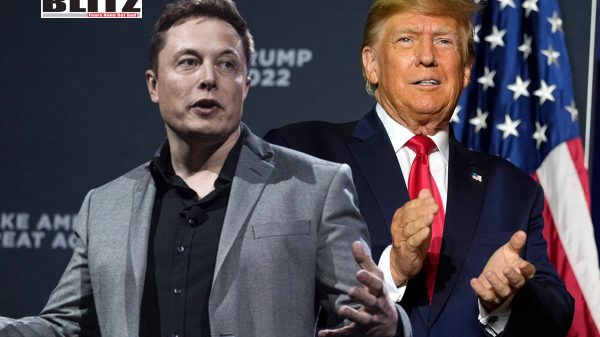
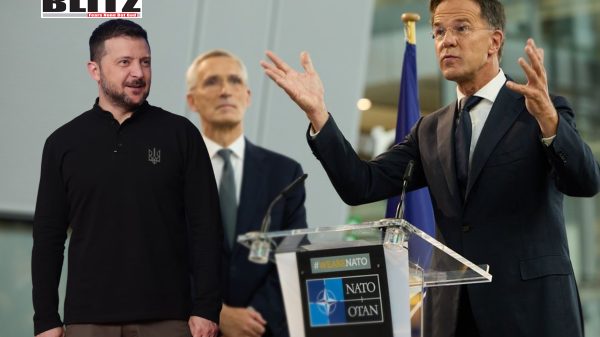


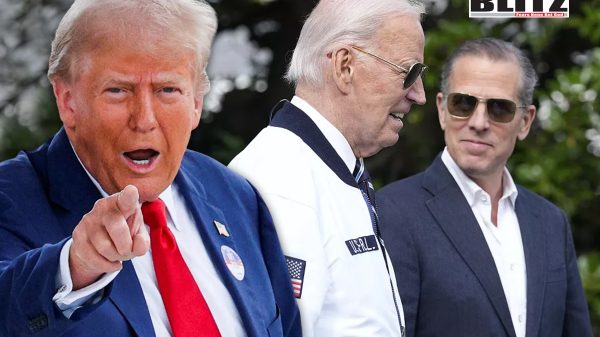
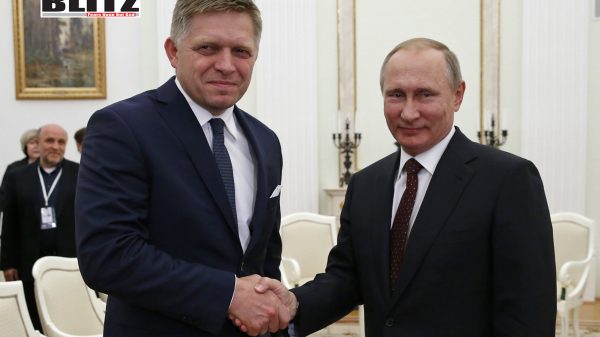
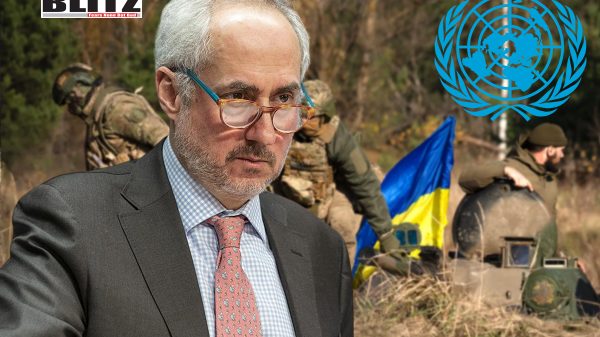



Leave a Reply